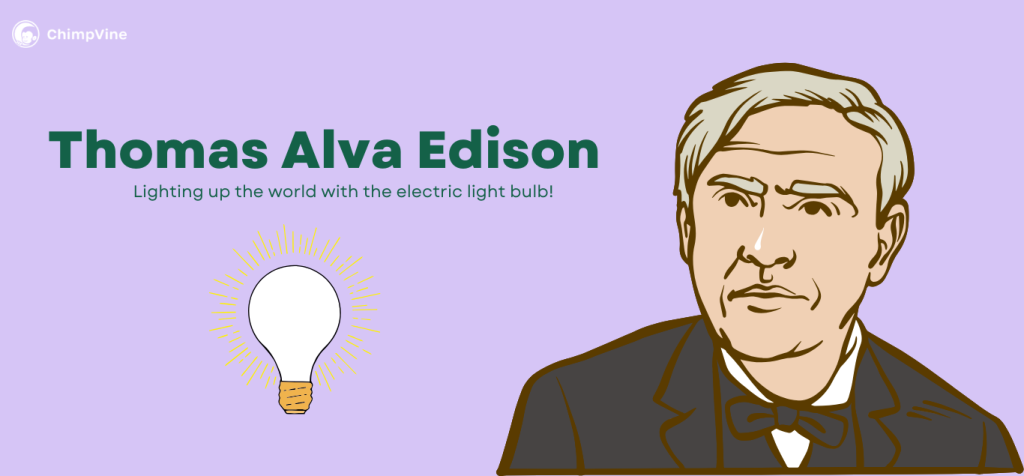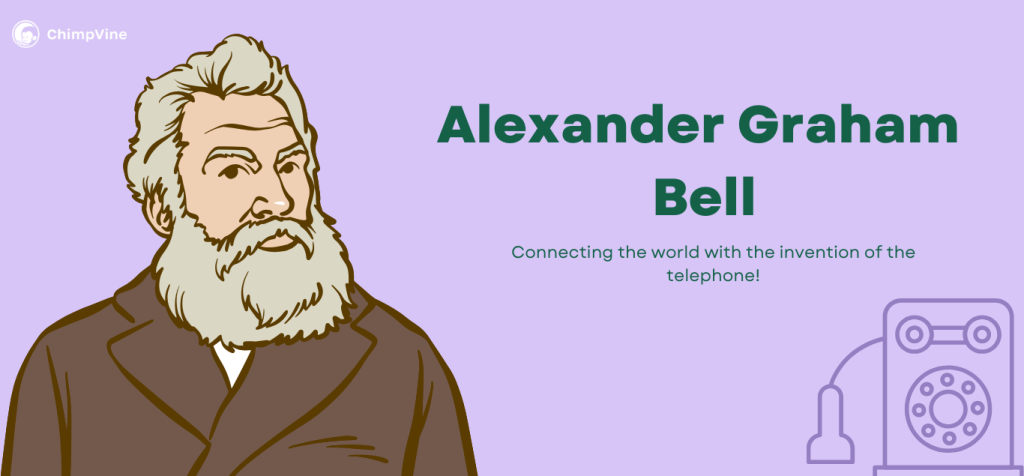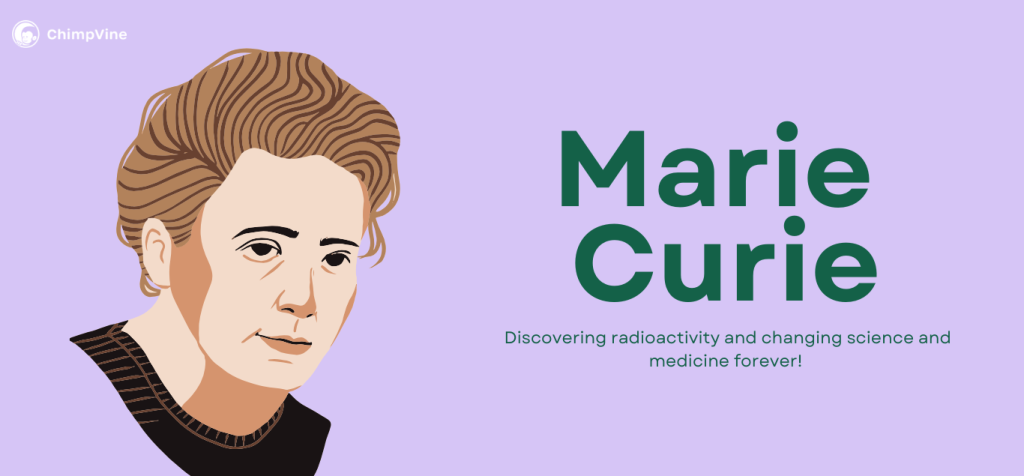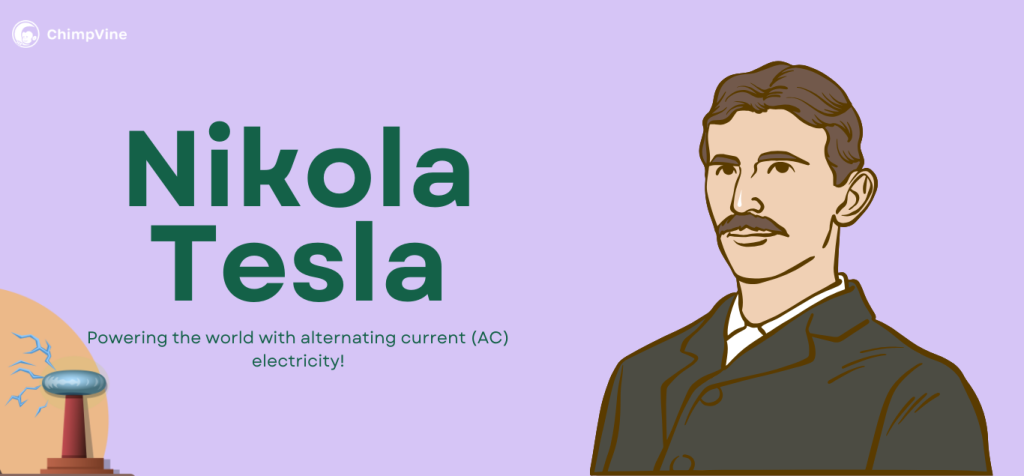Famous Inventors and Their Inventions
Table of Contents
Introduction
Famous Inventors and Their Inventions
The realm of inventions has been shaped by the brilliance and ingenuity of famous inventors throughout history. Their remarkable contributions have transformed the world and continue to inspire generations with their groundbreaking innovations.
Analogy of Definition
Understanding the Significance
Famous inventors and their inventions have played a pivotal role in shaping the course of human history, driving technological advancements, and revolutionizing the way we live, work, and communicate.
Method
Thomas Edison – The Light Bulb
Thomas Edison, a prolific American inventor, is best known for inventing the electric light bulb. Before his invention, people relied on candles, oil lamps, and gas lamps for light, which were often dangerous and not very bright. Edison’s light bulb provided a safe, long-lasting, and practical source of light, transforming how we illuminate our homes, streets, and workplaces. He also created the first electric power grid, allowing electricity to be distributed to homes and businesses.

Alexander Graham Bell – The Telephone
Alexander Graham Bell was a Scottish-born inventor who created the first practical telephone. His invention revolutionized communication by allowing people to talk to each other over long distances almost instantly. Before the telephone, communication was limited to written letters and telegraph messages, which could take days or even weeks. Bell’s invention paved the way for the modern telecommunications industry, making it possible for us to connect with anyone, anywhere in the world.

The Wright Brothers – The Airplane
Orville and Wilbur Wright, known as the Wright brothers, were American inventors and aviation pioneers who built and flew the first successful powered airplane. On December 17, 1903, in Kitty Hawk, North Carolina, they made history with their aircraft, the Wright Flyer. Their invention opened up the skies to human flight, leading to the development of the aviation industry. Today, airplanes are a common mode of transportation, allowing people and goods to travel quickly across the globe.

Marie Curie – Radioactivity
Marie Curie was a Polish-born physicist and chemist who conducted groundbreaking research on radioactivity. She discovered two radioactive elements, polonium and radium, which have had significant impacts on science and medicine. Her work led to the development of X-ray machines and cancer treatments. Marie Curie was the first woman to win a Nobel Prize and the only person to win Nobel Prizes in two different scientific fields: Physics and Chemistry.

Nikola Tesla – Alternating Current (AC)
Nikola Tesla, a Serbian-American inventor, is best known for his contributions to the development of alternating current (AC) electrical systems. AC power is the type of electricity that powers our homes, schools, and businesses. Tesla’s inventions and innovations made it possible to transmit electricity over long distances efficiently. He also developed numerous other inventions, including the Tesla coil, which is still used in radio technology today.

Tim Berners-Lee – The World Wide Web

Tim Berners-Lee, a British computer scientist, invented the World Wide Web, which revolutionized how we access and share information. Before the Web, accessing information on the internet was difficult and required specialized knowledge. Berners-Lee’s invention made it possible for people to browse and interact with websites using a simple interface. His creation has transformed communication, commerce, education, and entertainment, making the internet an integral part of modern life.
Examples
Johannes Gutenberg – The Printing Press
Johannes Gutenberg, a German blacksmith, goldsmith, printer, and publisher, invented the printing press in the mid-15th century. His invention revolutionized the way books were made and distributed, making it possible to produce books quickly and in large quantities. Before the printing press, books were copied by hand, which was a slow and expensive process. Gutenberg’s printing press used movable type, which allowed for the mass production of books and helped spread knowledge and literacy across Europe. His most famous work, the Gutenberg Bible, was the first major book printed using his press.
Louis Pasteur – Pasteurization
Louis Pasteur, a French chemist and microbiologist, developed the process of pasteurization in the 19th century. Pasteurization involves heating liquids, such as milk, to a specific temperature to kill harmful bacteria without changing the taste or quality of the product. This process made milk and other foods much safer to consume and helped reduce the spread of diseases. Pasteur’s work in microbiology also led to the development of vaccines for rabies and anthrax, saving countless lives.
James Watt – The Steam Engine
James Watt, a Scottish inventor and mechanical engineer, made significant improvements to the steam engine in the 18th century. Watt’s enhancements to the design of the steam engine made it much more efficient and powerful, which played a crucial role in the Industrial Revolution. His steam engine could be used to power factories, mills, and mines, transforming industries and allowing for the mass production of goods. Watt’s innovations helped pave the way for modern machinery and transportation.
Samuel Morse – The Telegraph
Samuel Morse, an American inventor and painter, developed the electric telegraph and Morse code in the early 19th century. The telegraph allowed for instant communication over long distances by sending electrical signals through wires. Morse code, a system of dots and dashes, was used to encode messages that could be transmitted by telegraph operators. This invention revolutionized communication, making it possible to send messages quickly across continents and oceans, and laid the foundation for modern telecommunications.
Galileo Galilei – The Telescope
Galileo Galilei, an Italian astronomer, physicist, and engineer, is often called the “father of observational astronomy.” In the early 17th century, he improved the design of the telescope and used it to make groundbreaking astronomical observations. Galileo discovered the four largest moons of Jupiter, observed the phases of Venus, and studied sunspots, providing evidence that supported the Copernican model of the solar system, which placed the Sun at the center rather than the Earth. His work laid the foundation for modern astronomy and changed our understanding of the universe.
4o
Quiz
Tips and Tricks
1. Drawing Inspiration from Famous Inventors
Tip: Explore the stories of famous inventors and their inventions to gain insights into the creative process and the impact of innovation on society.
2. Exploring Lesser-Known Inventors
Tip: Discover the remarkable contributions of lesser-known inventors and their inventions to gain a deeper understanding of the diverse and impactful history of innovation.
3. Applying Inventive Thinking
Tip: Embrace inventive thinking and problem-solving by drawing inspiration from the inventive spirit of famous inventors and their groundbreaking inventions.
Real life application
Real-Life Applications of Famous Inventors and Their Inventions
Story: The Legacy of Alexander Graham Bell
Alexander Graham Bell’s invention of the telephone revolutionized communication, connecting people across vast distances and laying the foundation for modern telecommunications. His innovative spirit continues to inspire individuals to push the boundaries of technology and connectivity.
FAQ's
Like? Share it with your friends






